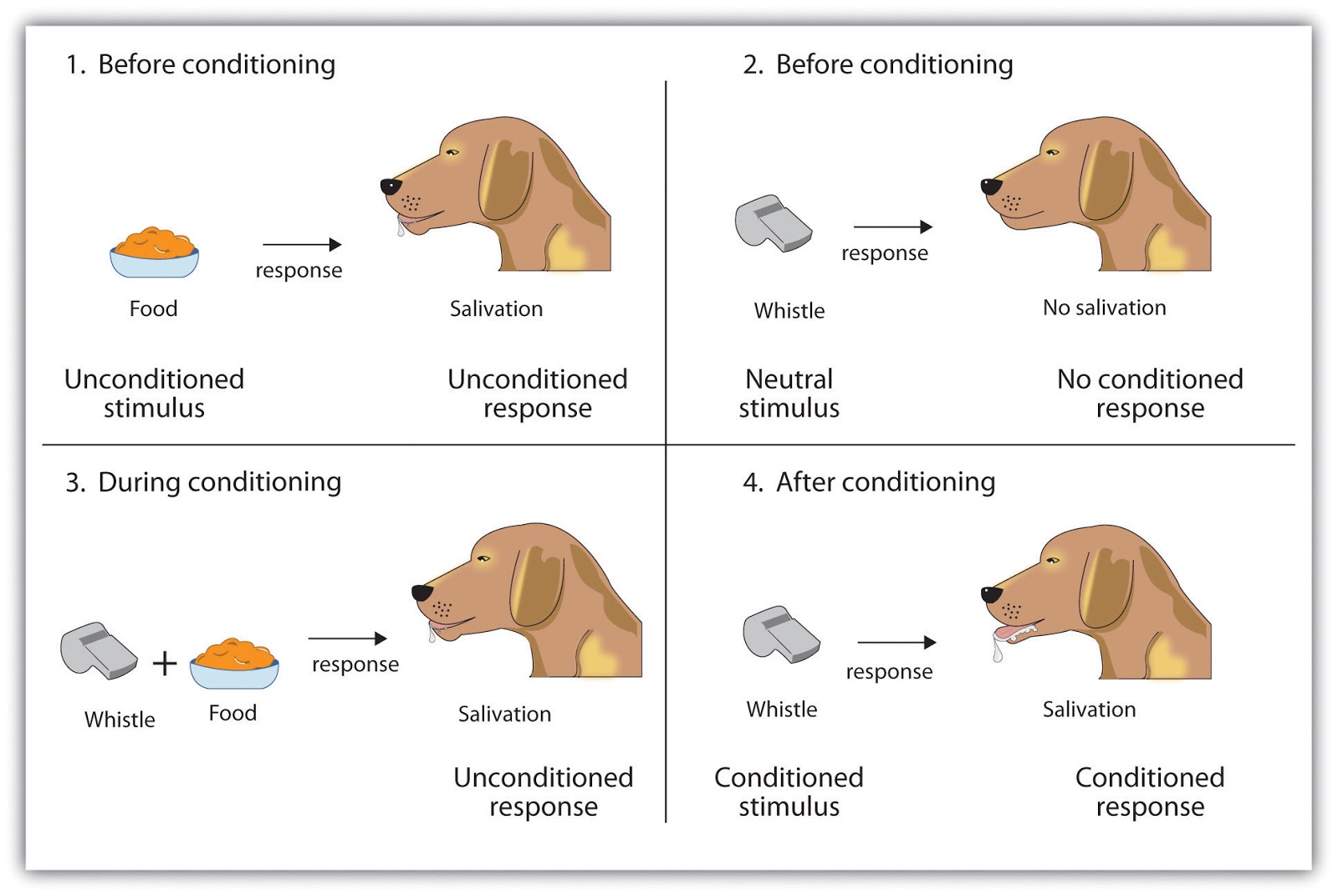
Pavlov was a complicated man who was characterized by others as volatile, angry, and difficult. There, he studied under Carl Ludwig, a cardiovascular physiologist and Rudolf Heidenhain, a gastrointestinal physiologist. Petersburg to study chemistry and physiology. In 1870, he abandoned his faith and gained admittance to the University of St. Pavlov later went to a theological seminary where the teachers were dedicated to their craft. After sustaining injuries from falling off a concrete wall and taking four years to heal, he attended a church school. While Pavlov ultimately declared himself to be an atheist, he attributed much of his success to Sara, who was very religious. Shortly after, Sara birthed four more children with Pavlov. The couple was poverty-stricken and at times lived apart or with other families as necessary for housing.

He'd met Sara several years earlier when she was a student at the Pedagogical Institute. He finally married in 1881, at the age of 41, to SeraphimaVasilievnaKarchevskaya, who was better known as Sara. Pavlov spent much of his adult life in school. Pavlov's father was a Russian Orthodox priest and raised him and his ten younger siblings according to Christian teachings. His grandfather was a sexton, which was a person who was employed by the church to care for and maintain the church building and its grounds, including the cemetery. Pavlov hailed from a highly religious family. He was the very first Russian Nobel laureate.

He was rewarded handsomely for his work when, in 1904, he was awarded the Nobel Prize for Physiology or Medicine for his research on digestive secretions.

Pavlov mastered his philosophy by proving that animals could be conditioned to respond to various stimuli. He was a Russian physiologist who is famous for developing the concept of a conditioned reflex. Ivan Petrovich Pavlov was born in 1840 in Ryazan, in central Russia.


 0 kommentar(er)
0 kommentar(er)
